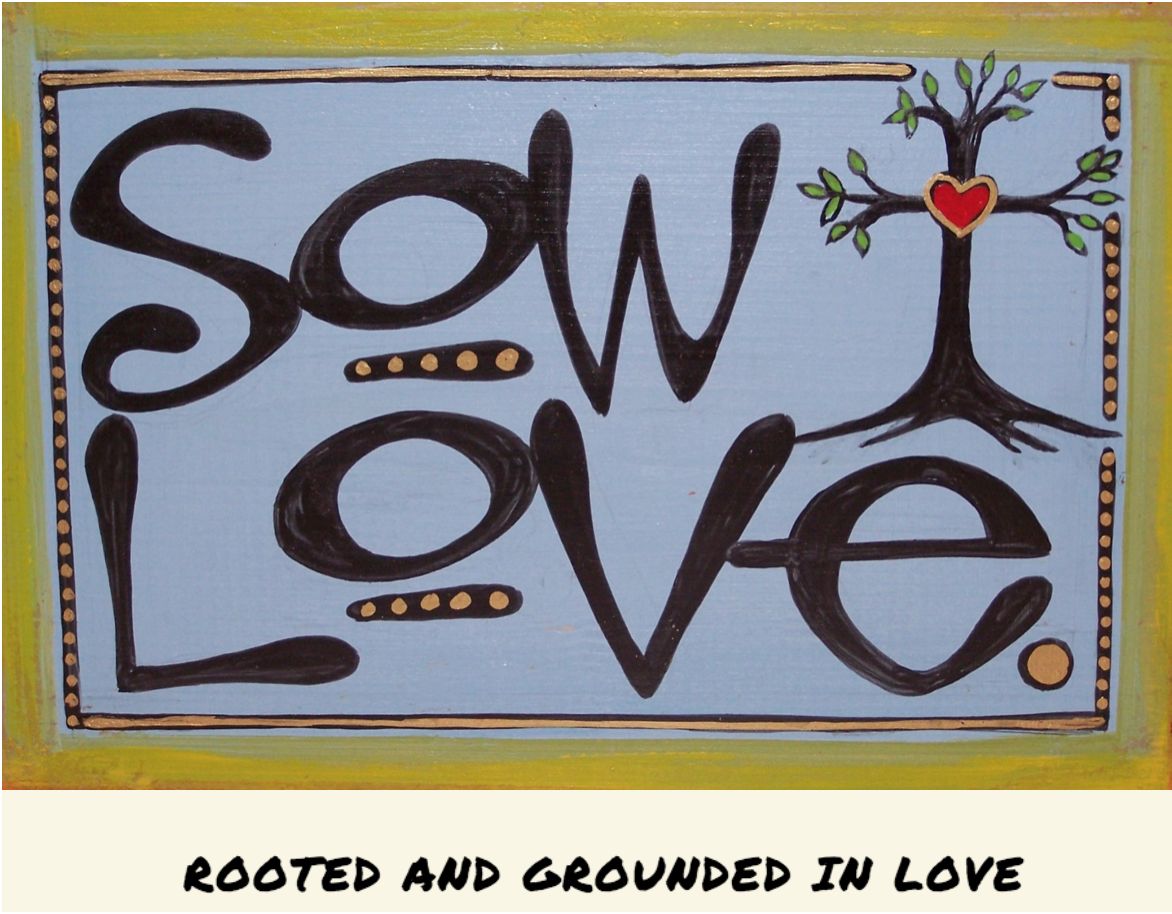Right now I am working through a study of First Peter with friends in my neighborhood. Last week I ran across this verse: “Show hospitality to one another without grumbling.” (4:9)
Sweet, I thought, obedience made easy! Thanksgiving and Christmas are coming fast, so I will entertain and be cheerful about it and God will be pleased. After all, I like to have folks over, and my kids welcome their friends too. I usually bake cookies for the kids, don’t I? How hard can this be?
I have always thought of the Biblical passages about hospitality as an easy virtue, meaning it wasn’t too challenging to make guests feel reasonably welcome when they came over. But the book of First Peter is about suffering: the sufferings of Christ, the suffering of the persecuted church, and the suffering we all endure as humans living in a fallen world. The context of the verse does not suggest hours Pintrest-izing the food I serve and the décor I display in an effort to make my home feel inviting. So I made the mistake of looking up the word hospitality, and it wrecked my self-satisfied vision of myself as the hostess with the mostest.
Hospitality comes from the word “hospes,” meaning guest or stranger. Right there we have a problem: I love having guests; I simply don’t invite strangers. But there’s more. “Hospes” has its root in the word “hostis,” from which we get the word hostility. You know where this is going, don’t you? The command to hospitality is not the simple suggestion that we have friends over. Hospitality means that I invite strangers and even enemies into my home and into my life.
All of the sudden this verse looks like a difficult obedience indeed.
From beginning to end, the Bible is thick with examples of Biblical hospitality. Some are easy. Abraham serves lunch to three strangers in the desert who turn out to be messengers of God bearing the news that the child of promise will be born within the year. (Genesis 18:2-8) More often, hospitality is costly, requiring courage and sacrifice. To add to the challenge, God often calls us to care for those who appear more likely to deserve hostility than hospitality. Rahab risks her life to shelter and lie for the Israelite spies who are would-be enemies turned agents of salvation. (Joshua 2) Elijah asks a widow to bake him a cake out of her remaining oil and flour, even though the sacrifice (for a guest!) appears to mean starvation for the woman and her son. Because of her obedience, however, Elijah lives on with them for three more years and the three of them share daily bread to sustain them through a terrible drought. (1 Kings 17:14-17) Boaz goes so far as to marry Ruth, a Moabite widow who frankly brings nothing and needs everything, but he is rewarded for literally loving his enemy as he receives a son and becomes part of the lineage of Jesus. (See the book of Ruth.)
Over and over, the one who offers hospitality is enriched in delightful and unexpected ways. No matter what form the need takes, God blesses the one who graciously meets that need. In the Gospels, Jesus defines biblical hospitality even as He identifies with the stranger: Come, you who are blessed by my Father, inherit the kingdom prepared for you from the foundation of the world. For I was hungry and you gave me food, I was thirsty and you gave me drink, I was a stranger and you welcomed me, I was naked and you clothed me, I was sick and you visited me, I was in prison and you came to me… Truly, I say to you, as you did it to one of the least of these my brothers, you did it to me. (Matthew 25: 34-36, 40) Jesus takes hospitality very, very personally.
What better can we do, then, than to demonstrate our own grateful love for Jesus, than by caring for the needy among us? Even if, or maybe even especially if, that needy person is in some way an “enemy.”
Years ago, after my grandmother passed away, my grandfather married a woman who, while not technically an enemy, certainly was not a friend. I saw her several times a year, but of course the holidays meant we spent much more concentrated time together. She persisted in making comments that wounded. She remarked frequently on my weight and my complexion (not good enough), and seriously objected to my husband on the grounds that he was half Italian. (She was convinced this meant he had Mafia ties. I am not kidding.) My brother, mother, and father were all subjected to similar criticism, and we dreaded being around her.
In retrospect, I realize that she was intimidated by the legacy of my really truly wonderful grandmother, whom we all loved and missed. My step-grandmother had been married briefly once, had no siblings, and had lost her parents at a very early age. She came into our family as an outsider having literally no idea how to handle herself among us. She certainly was not able to connect with me as a hormonal teenager or a young adult woman, and I didn’t try to help her out one bit. I showed her the obligatory politeness of a well-raised Southern girl, convincing myself that was all I owed her.
My step-grandmother was not easy to love, but I did not try. I justified withholding my compassion because of her behavior, and missed the opportunity to show hospitality when she really needed it. Like the priest and the Levite in the parable of the Good Samaritan, I passed up the chance to help a wounded woman, when I might have been “the one who showed (her) mercy.” (Luke 10:37)
How many of us will be sharing our holidays with hard-to-love people like her? Or with hard-hearted people like me?
Hospitality transforms strangers and enemies into family. We love because He first loved us; we give grace because of the great grace we have received.(1 John 4:19)
Hospitality is so much more than entertaining; it is the mindset of Christ Himself.
For those of us who do find ourselves entertaining this holiday season, something to think about:
Entertaining isn’t a sport or a competition. It’s an act of love, if you let it be. You can twist it and turn it into anything you want – a way to show off your house, a way to compete with your friends, a way to earn love and approval. Or you can decide that every time you open your door, it’s an act of love, not performance or competition or striving. You can decide that every time people gather around your table, your goal is nourishment, not neurotic proving. You can decide.” Shauna Niequest, Bread and Wine, A Love Letter to Life Around the Table
.

